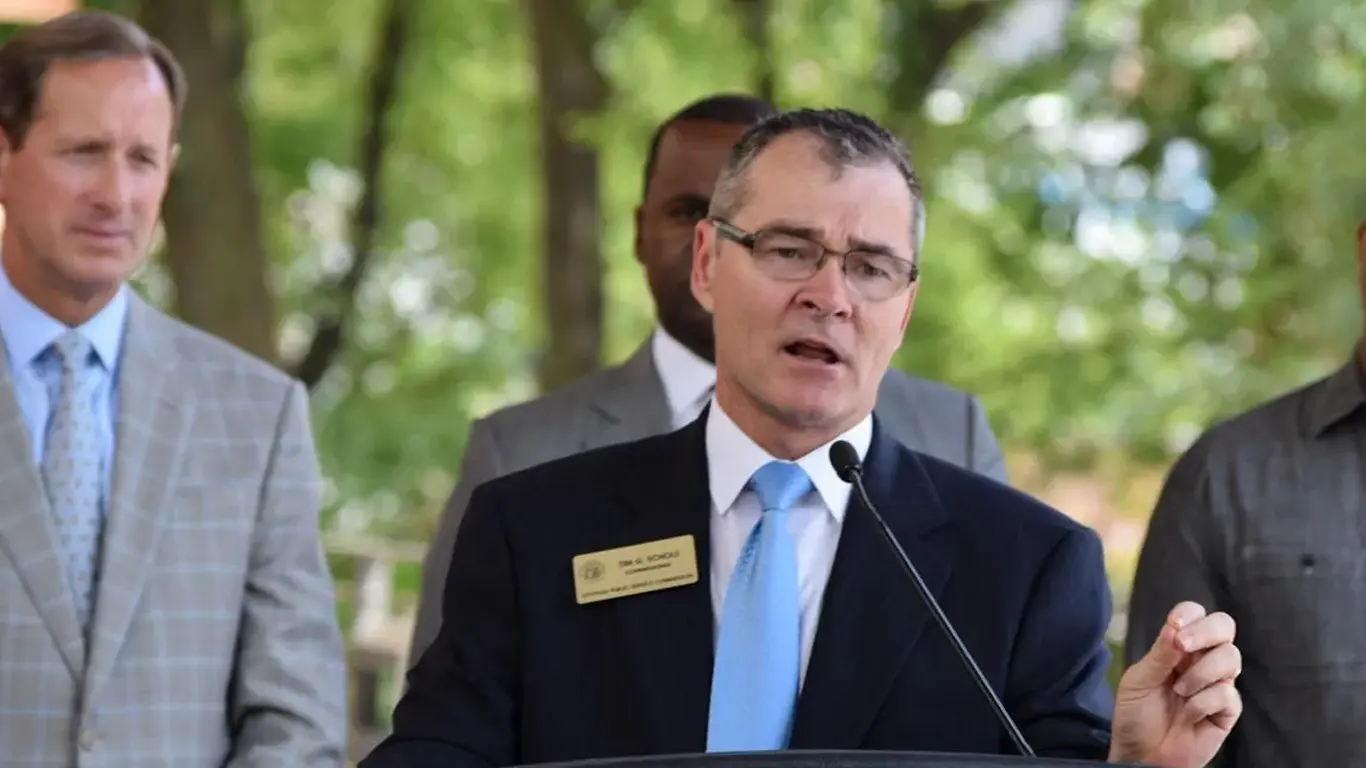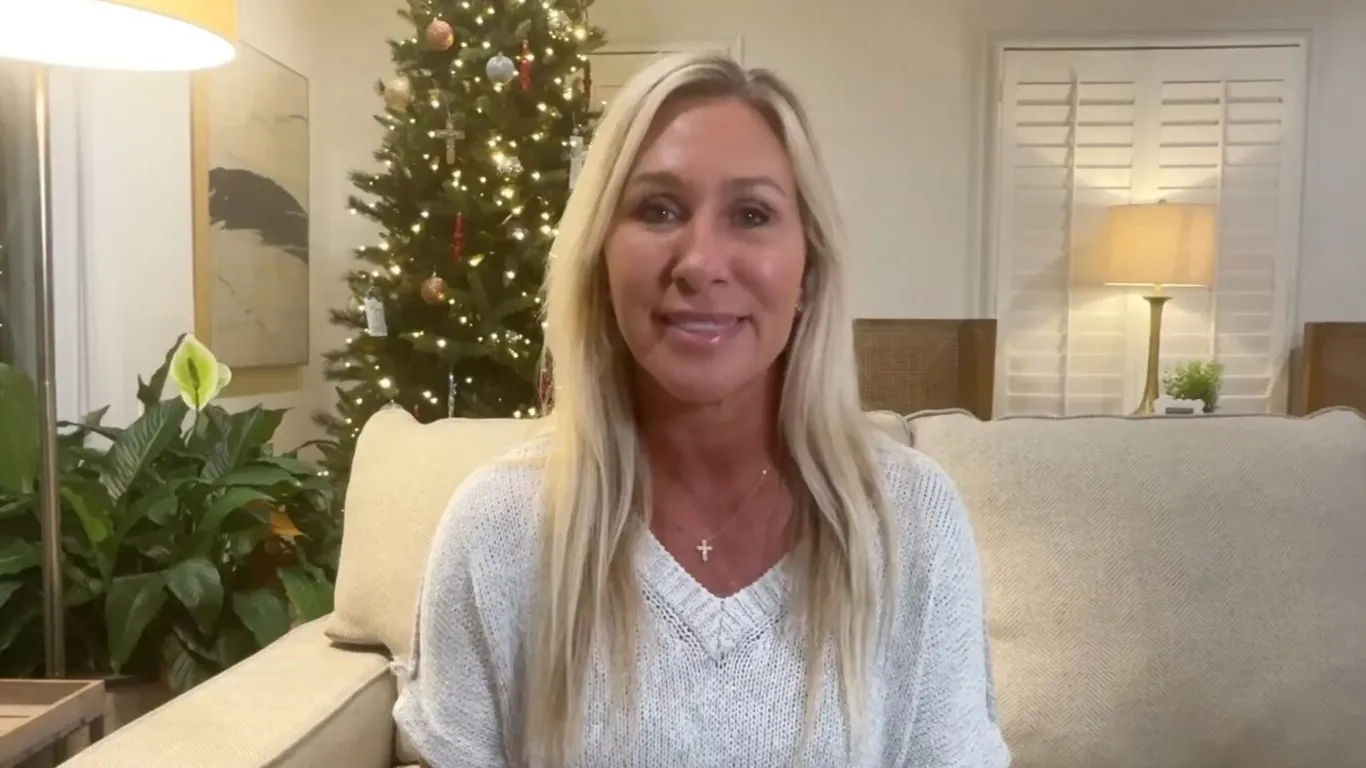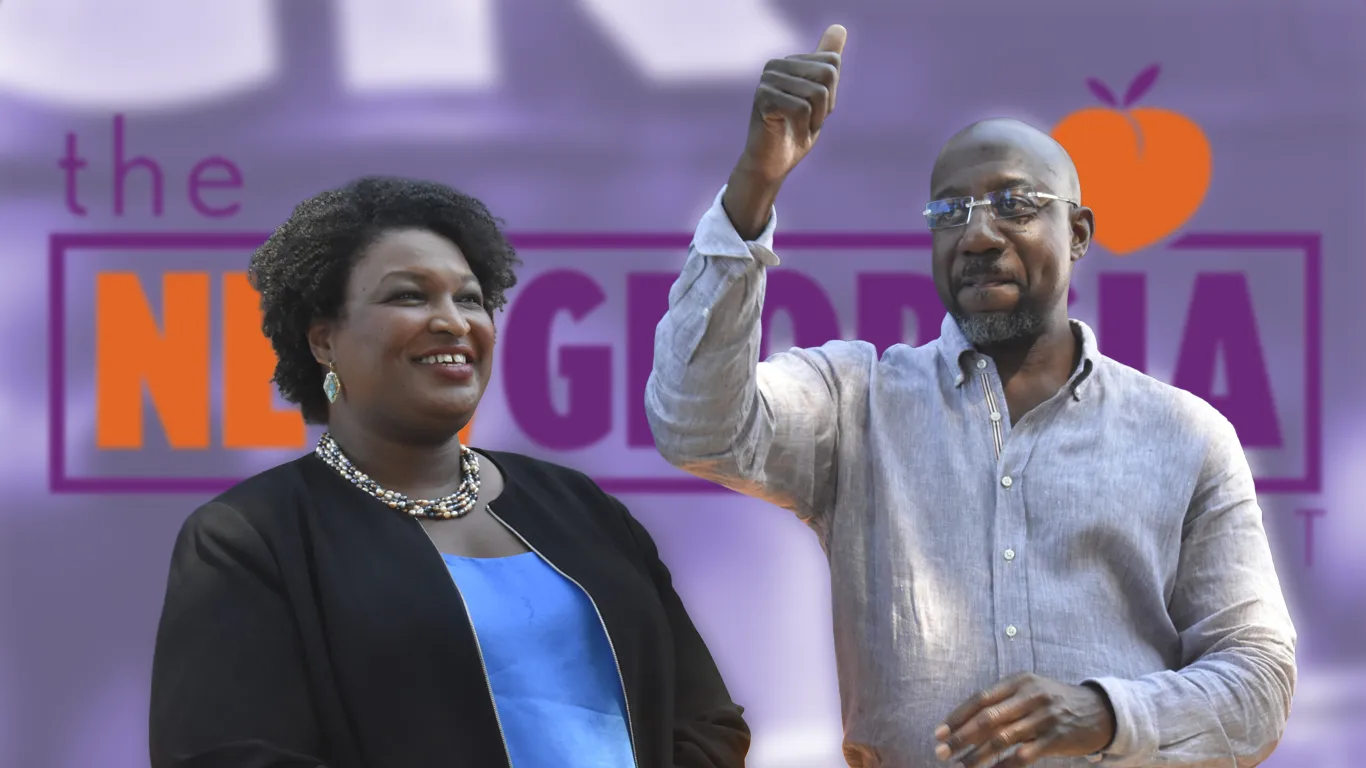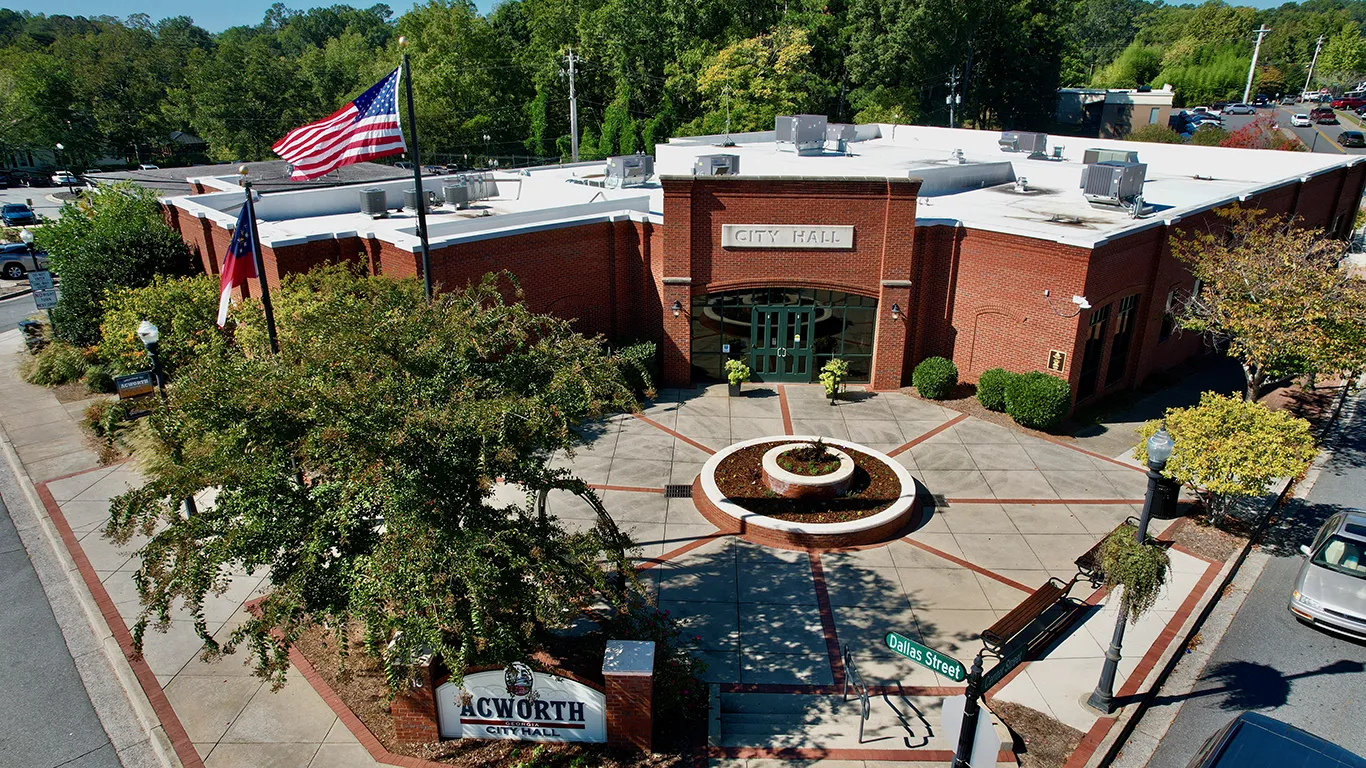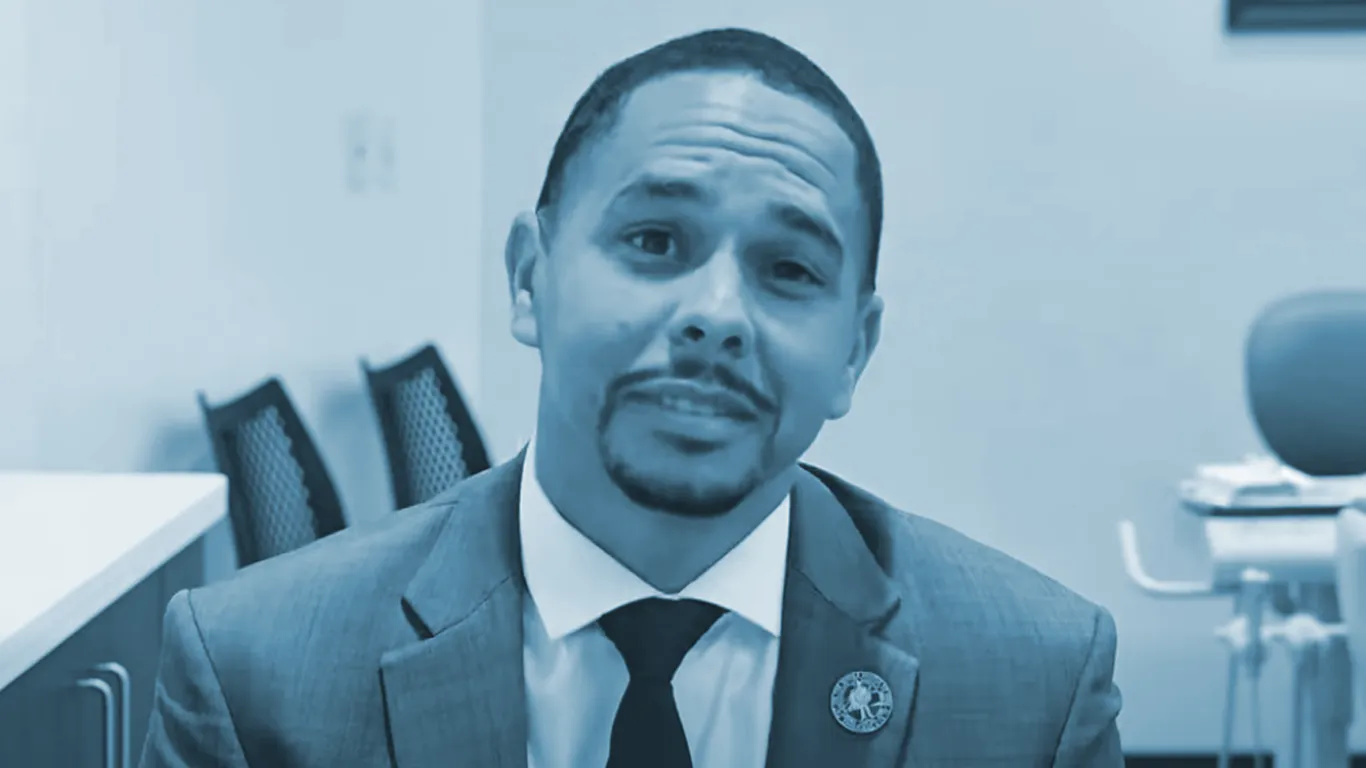Republican incumbent Tim Echols cruised to a resounding victory in Tuesday’s GOP primary for District 2 of the Georgia Public Service Commission, defeating challenger Lee Muns by more than a 3-to-1 margin. A longtime commissioner since 2011, Echols’ win sets the stage for a general election face-off this November against unopposed Democrat Alicia Johnson of Savannah.
Georgia Public Service Commission Election 2025 Matters More Than Ever
Echols’ message of energy reliability and economic growth appears to have resonated with Republican voters—especially in conservative-leaning counties like Cobb, where he took 3,745 votes, or roughly 78% of the Republican vote, according to official results from the Georgia Secretary of State’s Office.
“I am grateful to Republicans who value our low rates and grid reliability, allowing us to stay the No. 1 state to do business,” Echols said Tuesday night. “Our Public Service Commission is laser-focused on protecting Georgia families.”
Echols has remained a steadfast supporter of a balanced energy strategy that includes nuclear power and natural gas—prioritizing grid security while managing rising power bills, which continue to be a central issue for many Georgians.
Democratic Runoff Ahead in District 3 as Cobb County Sees Modest Turnout
On the Democratic side, the District 3 primary is headed to a July 15 runoff between Keisha Waites, a former Atlanta City Council member, and Peter Hubbard, a green energy advocate.
Waites led the three-person field statewide, but fell short of the majority needed to avoid a runoff. Cobb County Democrats reflected similar trends, with Waites drawing 4599 votes (45%), followed by Hubbard at 3537 (35%), and former utility executive Robert Jones trailing with just 1998 votes (19%) in Cobb results.
The Democratic winner will face Republican incumbent Fitz Johnson, who was unopposed in his primary. Johnson was appointed by Gov. Brian Kemp in 2021 and has yet to appear on the general election ballot—making November his first true electoral test.
Meanwhile, Daniel Blackman, who appeared on ballots but failed to qualify, had his votes invalidated after a court ruling determined he did not meet residency requirements.
Energy Costs and Accountability: Key Issues for Cobb and Beyond
The Georgia Public Service Commission, which oversees the operations and rates of Georgia Power, as well as natural gas utilities like Atlanta Gas Light, has drawn scrutiny in recent years over rising energy bills.
Georgia Power customers are now paying over $175/month on average, driven by a combination of rising natural gas prices, infrastructure investment, and the multi-billion dollar expansion of Plant Vogtle’s nuclear units.
Commissioner Echols has defended these increases as necessary for long-term stability and energy independence.
Democratic contenders, however, argue the state is moving in the wrong direction. Waites has said the utility is “out of touch” with working families, while Hubbard is pushing a progressive platform focused on renewable energy mandates and regulatory reform.
“I have a detailed plan to lower power bills and transition Georgia to clean, affordable energy,” Hubbard said.
Cobb County’s Conservative Backbone Remains Strong in PSC Races
While turnout across the state remained low—fewer than 200,000 total voters—Cobb County once again played a pivotal role in Republican outcomes. The county delivered some of Echols’ strongest metro margins, showing that conservative voters remain energized around issues of energy policy, economic freedom, and government accountability.
Georgia’s unusual off-cycle primary was the result of a protracted legal battle over the commission’s election structure. The courts ultimately rejected the claims, but the delay forced both races into the 2025 calendar.
For voters in Cobb and across Georgia, the stakes this November are clear: accountability in utility oversight, economic resilience, and making sure energy decisions prioritize families—not special interests.
Stay with Cobb Voice as we continue to track the PSC runoff and the road to the November election—where energy, economy, and leadership will be on the ballot.


